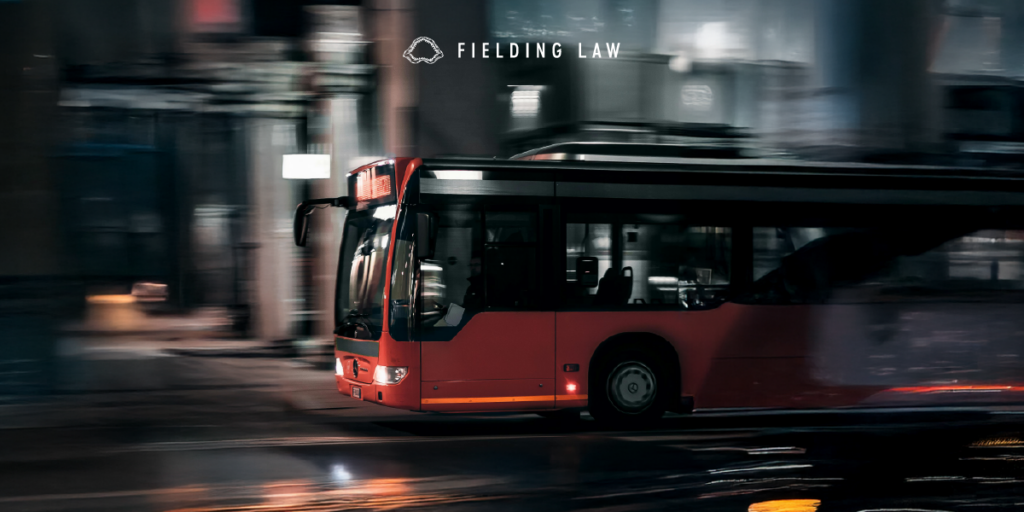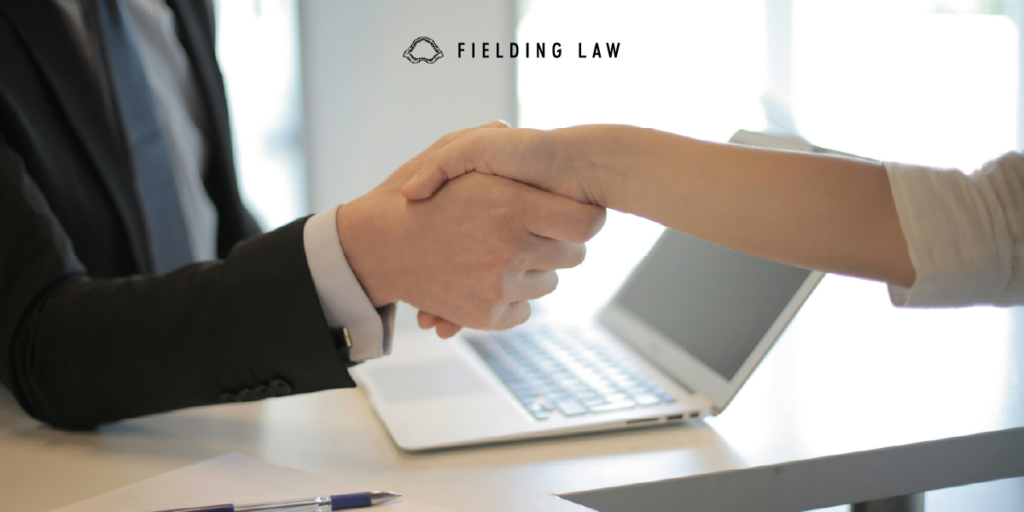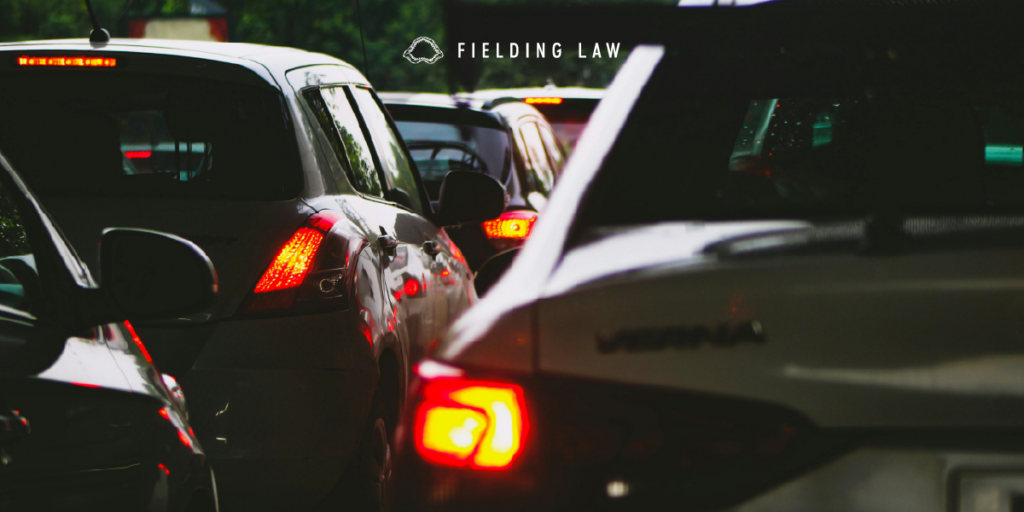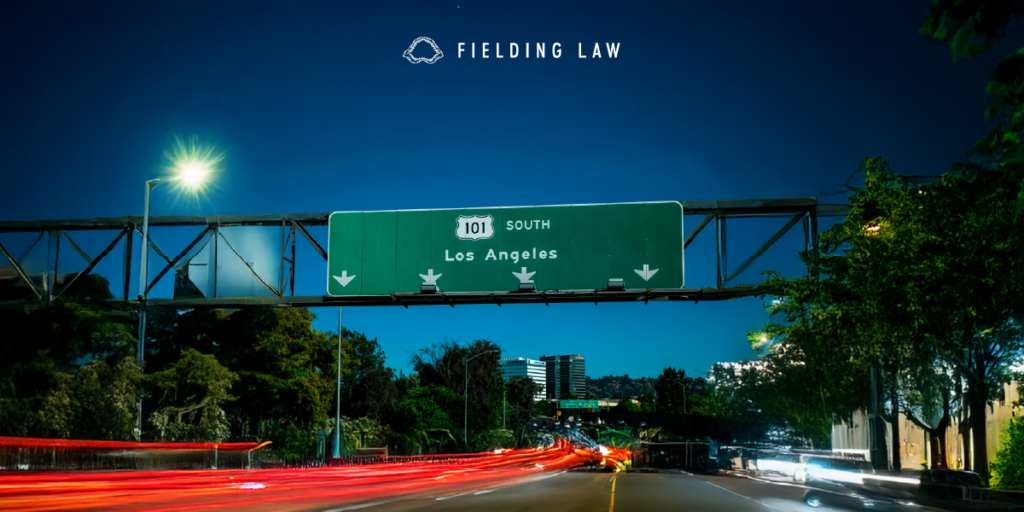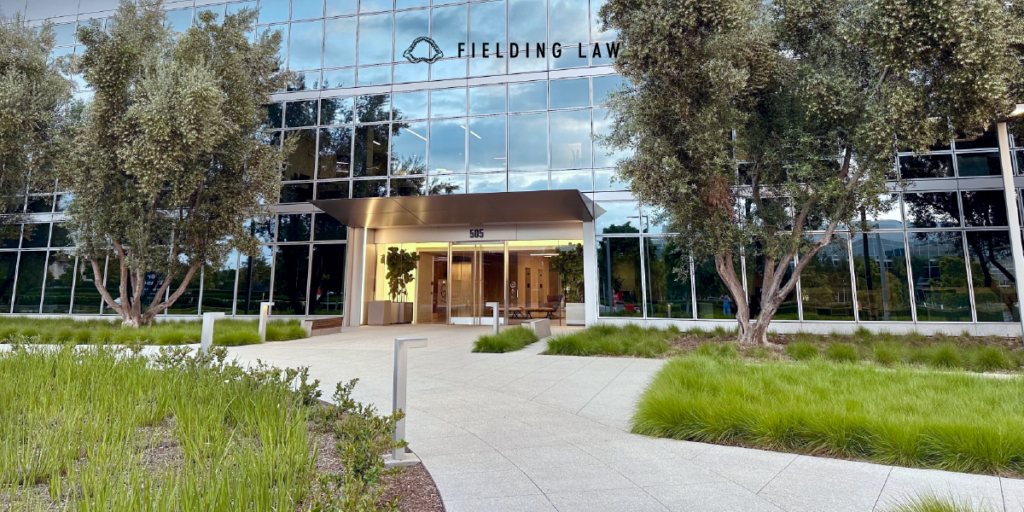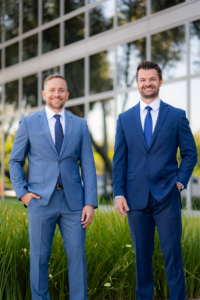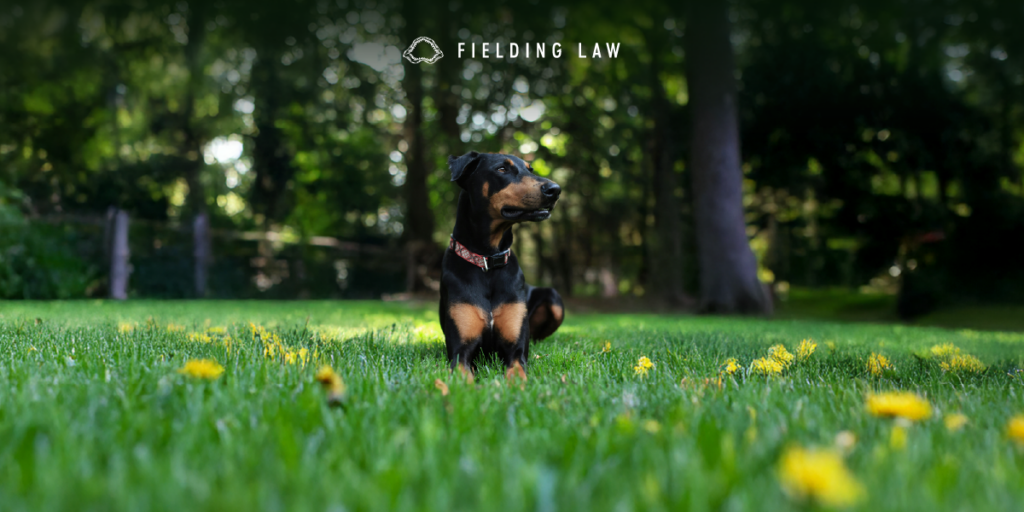
Understanding Arizona’s Dog Bite Statute
Dog bites can cause serious physical and emotional injuries—especially to children. Arizona law gives bite victims strong legal rights under A.R.S. § 11-1025, which holds dog owners strictly liable when their dog bites someone in public or lawfully on private property.
Strict liability means that the victim does not need to prove that the dog had a history of aggression or that the owner was negligent. If a dog bites, the owner is responsible.
When the Law Applies
Arizona’s strict liability dog bite law applies when:
-
The victim is in a public place or
-
The victim is lawfully on private property, such as a guest, postal worker, or delivery driver
The law does not apply if the victim was trespassing or provoking the dog. In those cases, the owner may have a defense.
This statute applies even if the dog has never bitten before and has no known history of aggression.
Key Differences from California
Although similar to California’s law, Arizona’s statute includes some important differences:
-
Time limits: Arizona has a one-year statute of limitations for strict liability dog bite claims under A.R.S. § 11-1025. After that, victims may still bring a negligence claim, which has a two-year limit.
-
Provocation defense: If the dog was provoked, the owner may avoid liability under this law.
-
Trespassing defense: Unlike California, Arizona emphasizes the victim’s legal status on the property at the time of the bite.
What Damages Can Be Recovered?
Dog bite victims in Arizona may recover compensation for:
-
Emergency room and hospital bills
-
Future medical care and plastic surgery
-
Lost wages or missed school
-
Pain and suffering
-
Scarring or disfigurement
-
Emotional trauma or anxiety
These cases can be especially complex when a child is the victim. Arizona courts take extra care to ensure the settlement is in the best interest of the minor.
What To Do After a Dog Bite
If you or a loved one has been bitten by a dog:
-
Seek immediate medical attention
-
Report the bite to local animal control or police
-
Take photos of the injuries and location
-
Do not discuss the case with the dog owner’s insurance without legal advice
A dog bite can lead to infection, nerve damage, and long-term emotional distress. It is important to take action quickly to protect your rights.
Why Hire Fielding Law
At Fielding Law, we fight for dog bite victims across Arizona. Whether your child was attacked at a neighbor’s home or you were bitten while walking in your neighborhood, our team is here to help.
We understand the emotional stress and physical pain dog bite injuries cause—and we take them seriously. Our goal is to protect your rights, hold negligent owners accountable, and help you recover the compensation you deserve.
Contact Fielding Law at 833.88.SHARK for a free consultation today. We are ready to listen and help.
Note: Information provided is for educational purposes and does not constitute legal advice. Always consult with a qualified attorney for legal concerns.
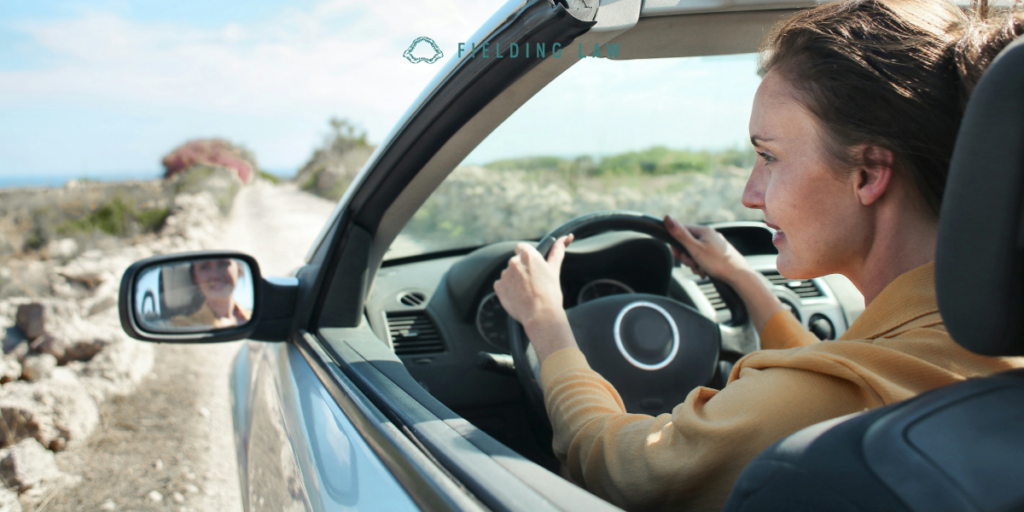
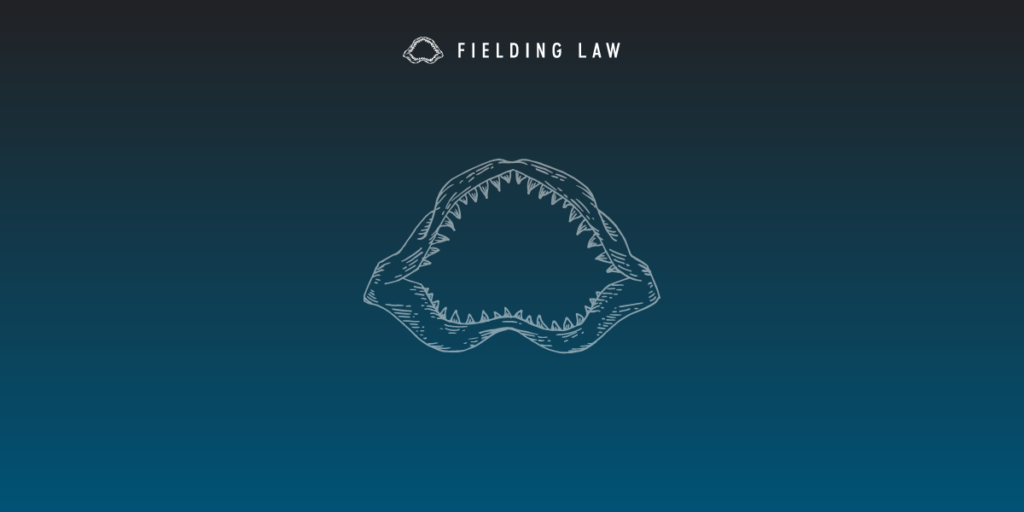
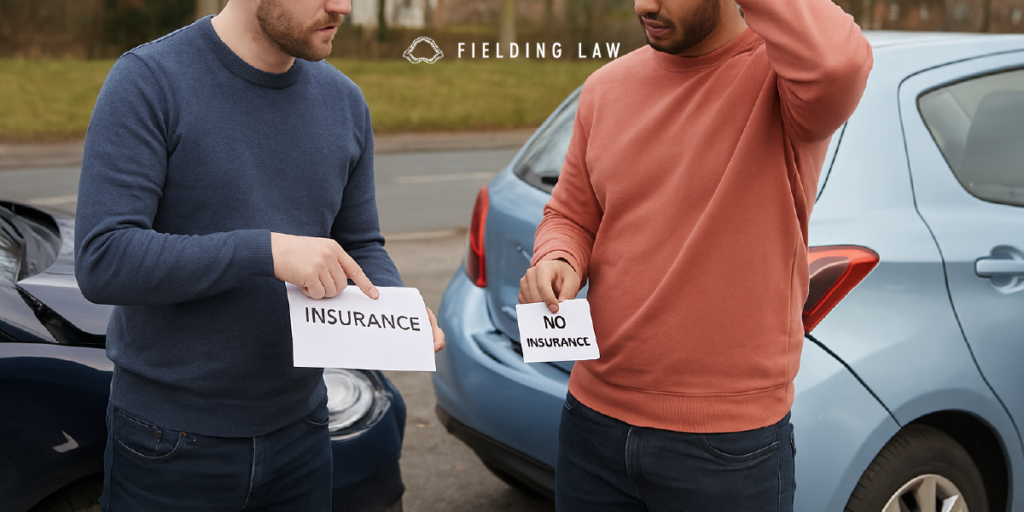
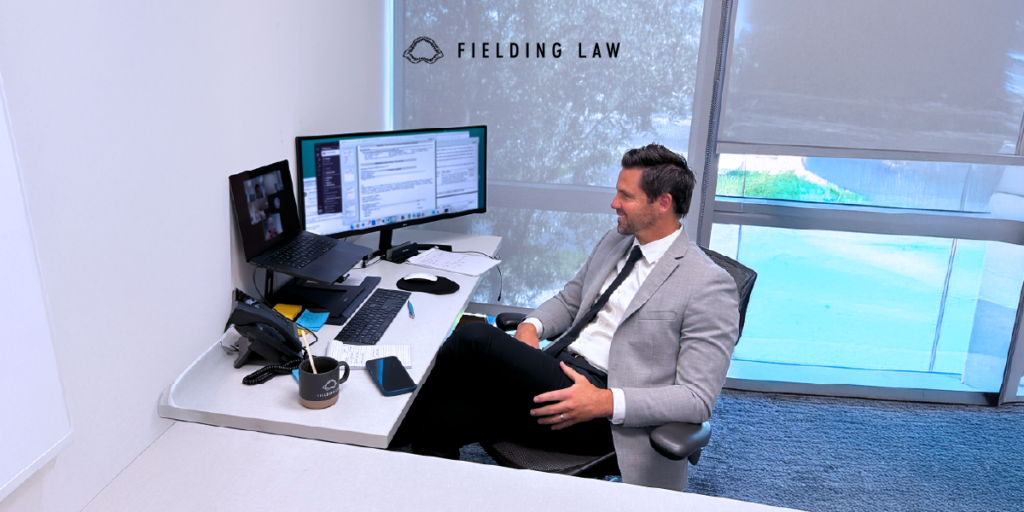
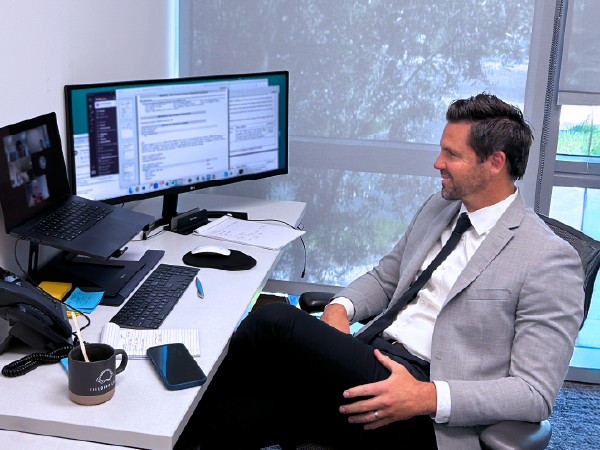 What Are Virtual Mediations?
What Are Virtual Mediations?